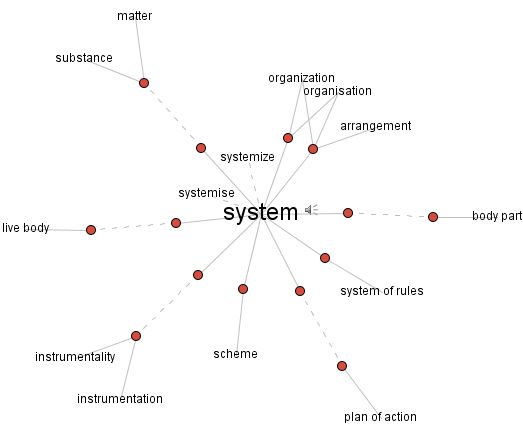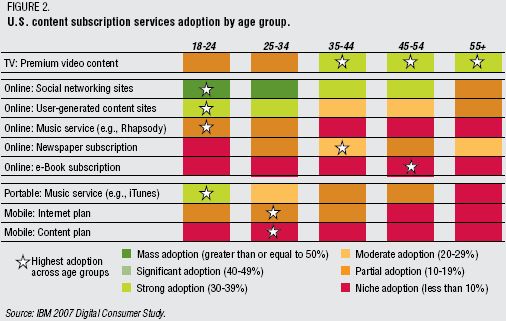There are some who believe that innovation is driven by the genius of a creative individual. I prefer a more sociological approach, where innovation comes from individuals working together in groups. Not just any random group produces innovation, though. I like the interview with Ronald Burt in Rotman Magazine1, although I have to perform some academic hair-splitting to reconcile with his language. Burt sees the value of innovation beyond the discovery.
SW: You have said that creativity is an import-export game, not a creation game. If the most original and effective ideas are more often borrowed than created, how can companies foster innovation?
RB: We all specialize, for reasons of efficiency and productivity, and are often blind to good ideas that occur in other places. When someone brings us a good idea, it’s typically something that person has seen elsewhere. But we don’t think about where that person has gone to find the idea; instead we think, “My goodness, what a brilliant person!” Value is created by translating an idea discovered else where into the local jargon, so that it’s easy to digest. And in that translation is the act of creativity. [pp. 78-79]




